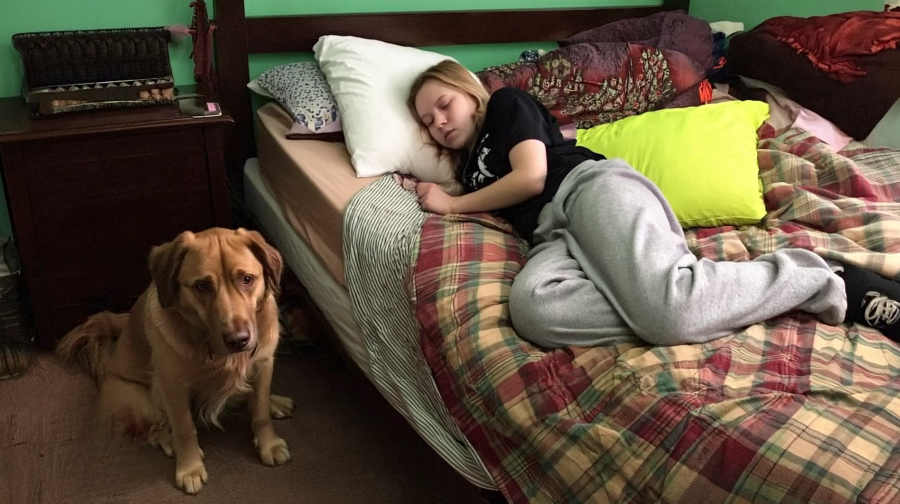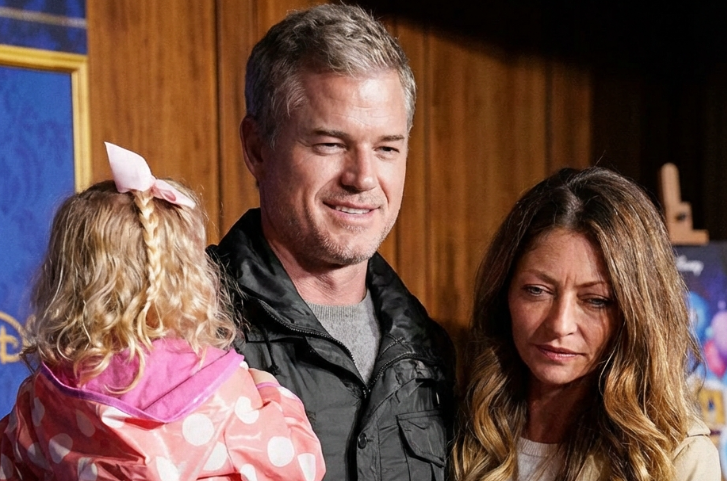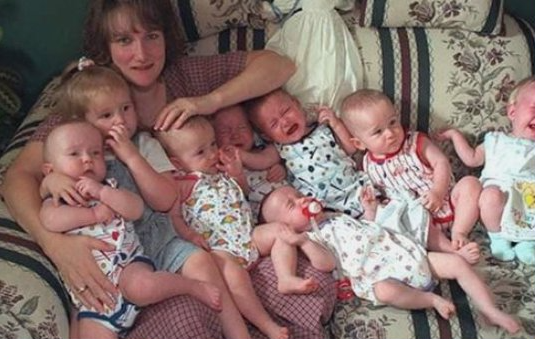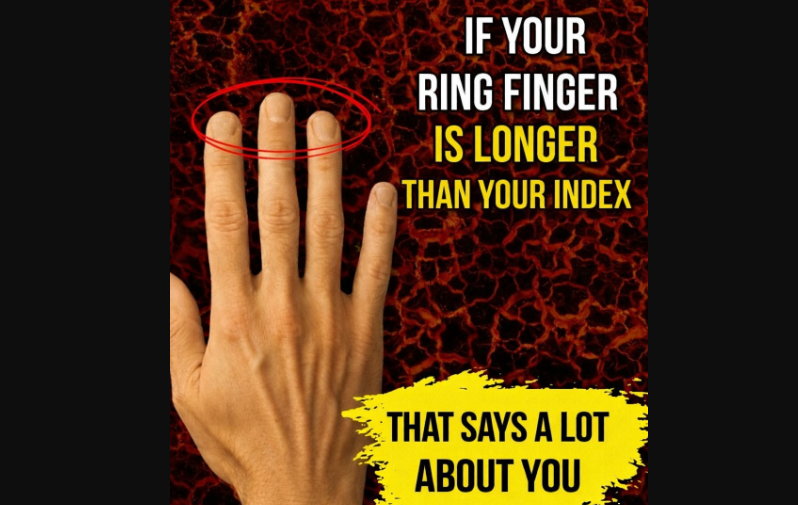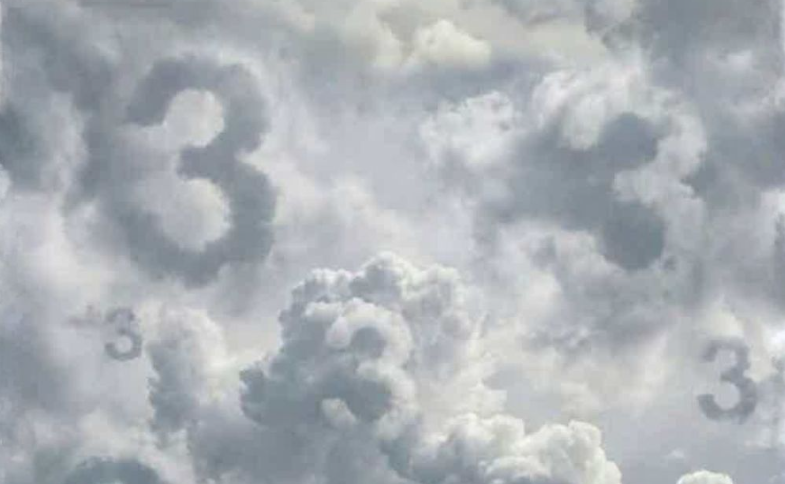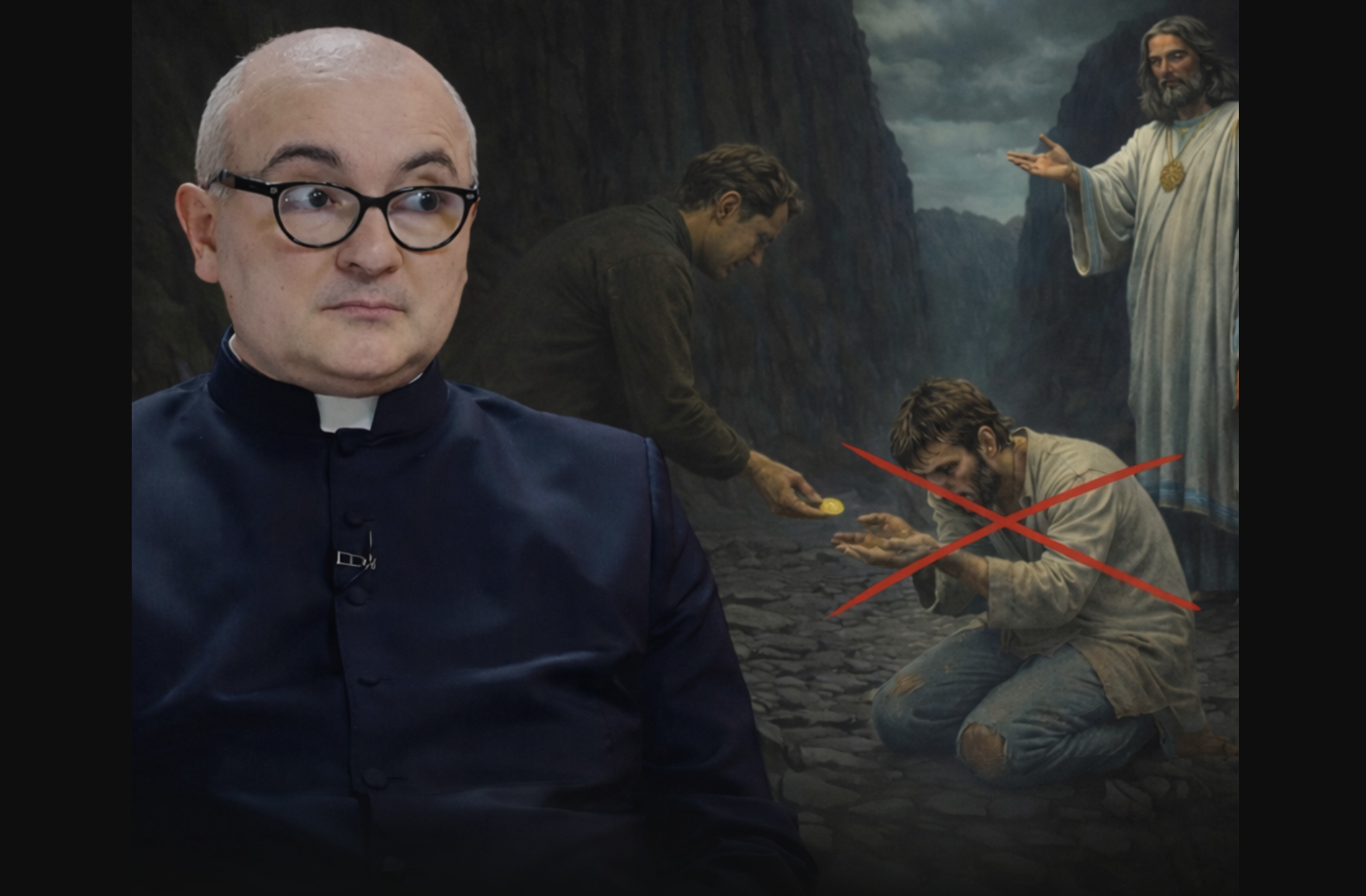I woke up to find my dog staring at me—and then I saw what was under the bed.
At first, I thought he needed to go outside.
Murphy usually nudges me or paws the edge of the mattress when he wants something. But that morning, he wasn’t moving—standing there, frozen, ears slightly back, eyes locked on my face like he was trying to tell me something.
I groaned and rolled over, still half-asleep, muttering something about “five more minutes.”
But then I realized something unusual.
He wasn’t looking at me. Not exactly. His head was tilted slightly… downward. Toward the space under my bed.
I sat up fast, heart picking up. Murphy didn’t move.
I whispered his name. He glanced at me, briefly, then looked back down.
I don’t know what compelled me, but I swung my legs off the side, lowered my head, and slowly leaned down until my cheek was almost touching the mattress.
It took a second for my eyes to adjust to the shadows.
That’s when I saw it. Or—her.
A pair of wide, terrified eyes stared back at me from the darkness. A girl. No older than twelve. Curled up tightly, like a rabbit in a burrow, her small hands gripping the bed frame.
I yelped and jumped back so hard I smacked my shoulder on the nightstand. Murphy didn’t flinch. He remained where he was, staring.
I scrambled to my feet, confused and shaky. My voice came out sharp and cracked. “Who are you?”
The girl didn’t answer. Her lips moved as if she were trying to speak, but no sound emerged. She looked… scared. Not wild, not dangerous. Simply scared.
“Hey… it’s okay. I’m not going to hurt you.” I crouched down again, softer this time.
She didn’t move. But her eyes followed me, and that felt like something.
Murphy inched forward and sat beside me. I felt his warmth by my knee. His tail wagged once. Slowly.
“I’m going to call someone, alright?” I said gently, uncertain of whom I meant.
As I reached for my phone, she suddenly whispered, “Don’t.”
I froze.
Her voice was barely audible, but I heard it. And the fear in it.
“Why not?” I asked, blinking.
She looked around nervously, her little body trembling. “He’ll find me.”
That made the hairs on my arms stand up.
“Who?” I asked.
She didn’t answer.
So I made a choice. One I didn’t fully comprehend yet. I told her she could stay. That I wouldn’t tell anyone. That she was safe here. And somehow… that seemed to suffice for her to crawl out.
She wore an oversized hoodie and mismatched socks. Her hair was tangled, and her cheeks were hollow, as if she hadn’t eaten properly in a while. She looked like she had been running—or hiding—for a long time.
I made her toast and gave her some orange juice. Murphy stayed close to her, as if he’d known her for years.
We didn’t talk much. She didn’t even tell me her name. She simply sat at the kitchen table, holding the warm mug of tea I’d made, looking out the window as if she expected someone to come crashing through it.
Later that day, I called in sick to work. The situation felt too delicate to risk.
Around noon, I gently asked again, “Do you want me to call anyone? A friend? Your parents?”
She shook her head quickly. “They don’t know. They cannot know.”
I wanted to press, but something in her eyes made me stop.
Over the next two days, she barely left the guest room except to eat. She slept extensively, with Murphy curled up beside her like a loyal guardian.
The more I watched her, the more I realized how desperately she needed help. Not the kind found in a hospital or a police station. The kind that originates from trust.
On the third night, as I was drifting off on the couch, I heard soft footsteps and found her standing in the hallway, embracing herself.
“I had a brother,” she whispered.
I sat up. “Yes?”
“He told me stories. About magic trains and flying cats. Every night before bed.”
I smiled gently. “Sounds like a wonderful brother.”
“He died last year. After that… things worsened.”
That’s when she began to tell me.
Her stepfather wasn’t who he pretended to be. Her mom didn’t believe her. So she ran. Took a bus, then walked for miles, hiding in garages and under porches. She’d picked my house randomly when it started raining. The back door had been unlocked.
I should have been scared, or perhaps angry.
But I wasn’t. I simply felt sad.
“You’re not alone anymore,” I told her. And I meant it.
The next morning, she told me her name was Nora.
A few days later, I found an old guitar in the attic and showed her some chords. She lit up like I hadn’t seen before. She played for hours, humming softly to herself.
I called a friend who worked with a youth outreach center. She promised discretion and came by to “have tea” with us.
Nora liked her.
Bit by bit, we started building something. I signed up to become a foster guardian temporarily. It wasn’t easy. The paperwork, the questions, the waiting. But I persisted.
And Nora did too.
We painted the guest room together. She chose light blue, “like the sky on good days,” she said.
Months passed.
Murphy never left her side.
She started school again. Made a few friends. Even joined the art club.
She still had bad nights. Panic attacks. Flashbacks. But she learned to talk through them. Sometimes she’d wake me up crying, and I’d sit with her, simply listening.
One evening, about a year after she first appeared under my bed, she came home holding a small trophy.
“Second place in the school art show,” she said, trying to act casual. But her grin betrayed her.
I hung it on the fridge like it was the Nobel Prize.
Then came the twist I never saw coming.
One afternoon, I received a call. From her mother.
She’d been looking for Nora for over a year. Said she’d left her husband. That she had no idea what was happening until recently. That she’d discovered the abuse.
I didn’t know what to believe.
But I told Nora. Because it was her right to know.
She didn’t say much. She grew quiet.
A week later, she asked to meet her mom. So we arranged it.
The meeting was slow, tense. But real. Her mom cried. Nora didn’t. Not immediately.
But a few days later, she started writing her mom letters. Then phone calls. Then visits.
Eventually, after months of cautious steps, she moved back in with her mom.
The house felt quieter. Emptier.
Murphy kept pacing into her room at night, looking confused. I knew how he felt.
But the story doesn’t end there.
A year after she left, I received an envelope in the mail. Inside was a photo of Nora, now taller, holding a certificate from her school—“Student of the Year.”
The note read, “Thank you for believing in me when no one else did. Love, Nora.”
There was also something else inside. A hand-drawn picture. Me, Murphy, and her. Sitting on the porch under a sky colored in light blue.
Now I keep that drawing in a frame on my desk.
Because some people come into your life unexpectedly, and leave a mark you never anticipated. They remind you that doing the right thing—simply because it’s right—can change everything.
You don’t need a cape. Only kindness. Only patience. Only the courage to listen when someone whispers, “Don’t.”
Life doesn’t always give us warnings. Sometimes it gives us choices.
That morning, I thought I was simply waking up to let my dog outside.
Instead, I woke up to the chance to change a life.
And in doing that, mine changed too.
Sometimes, the people who need us the most are not the loudest.
They are waiting for someone to notice. To ask. To care.
So if someone ever looks at you the way Murphy looked at me that morning… perhaps take a look under the bed.
You never know what kind of miracle might be hiding there.
